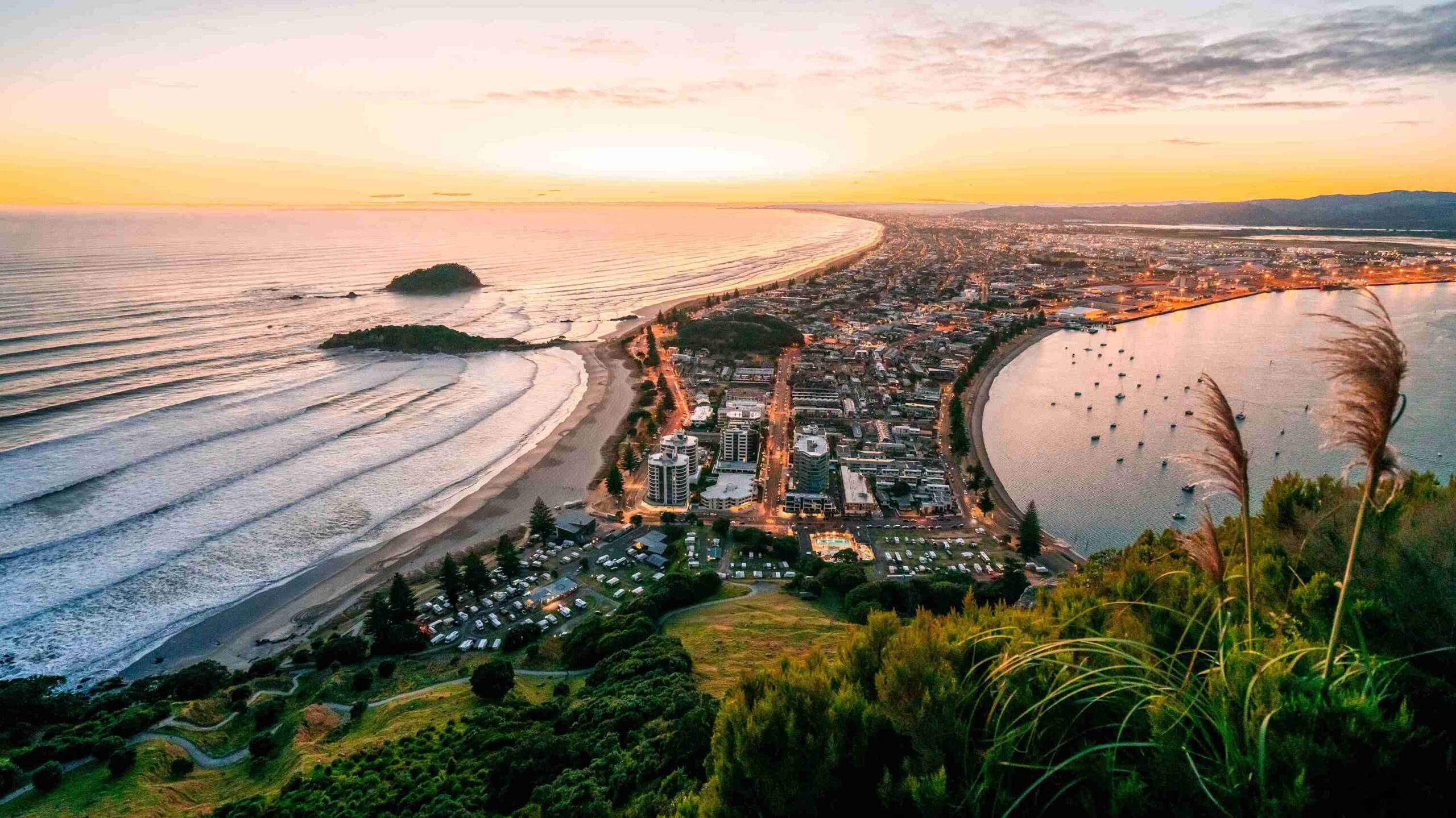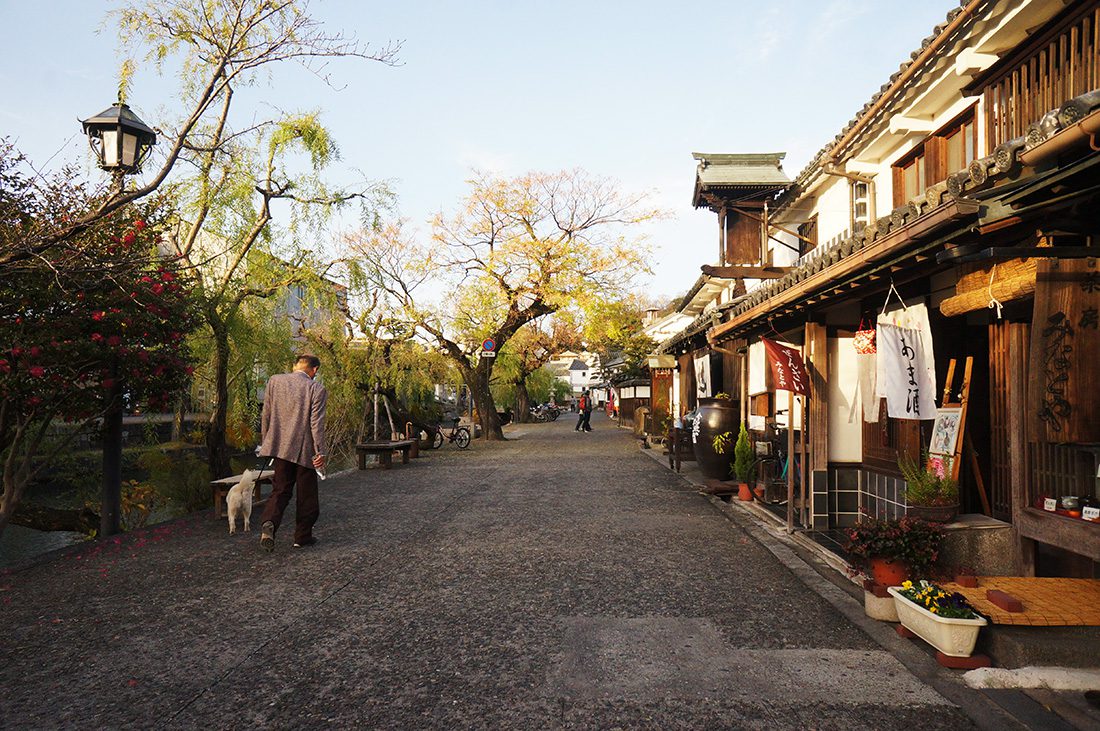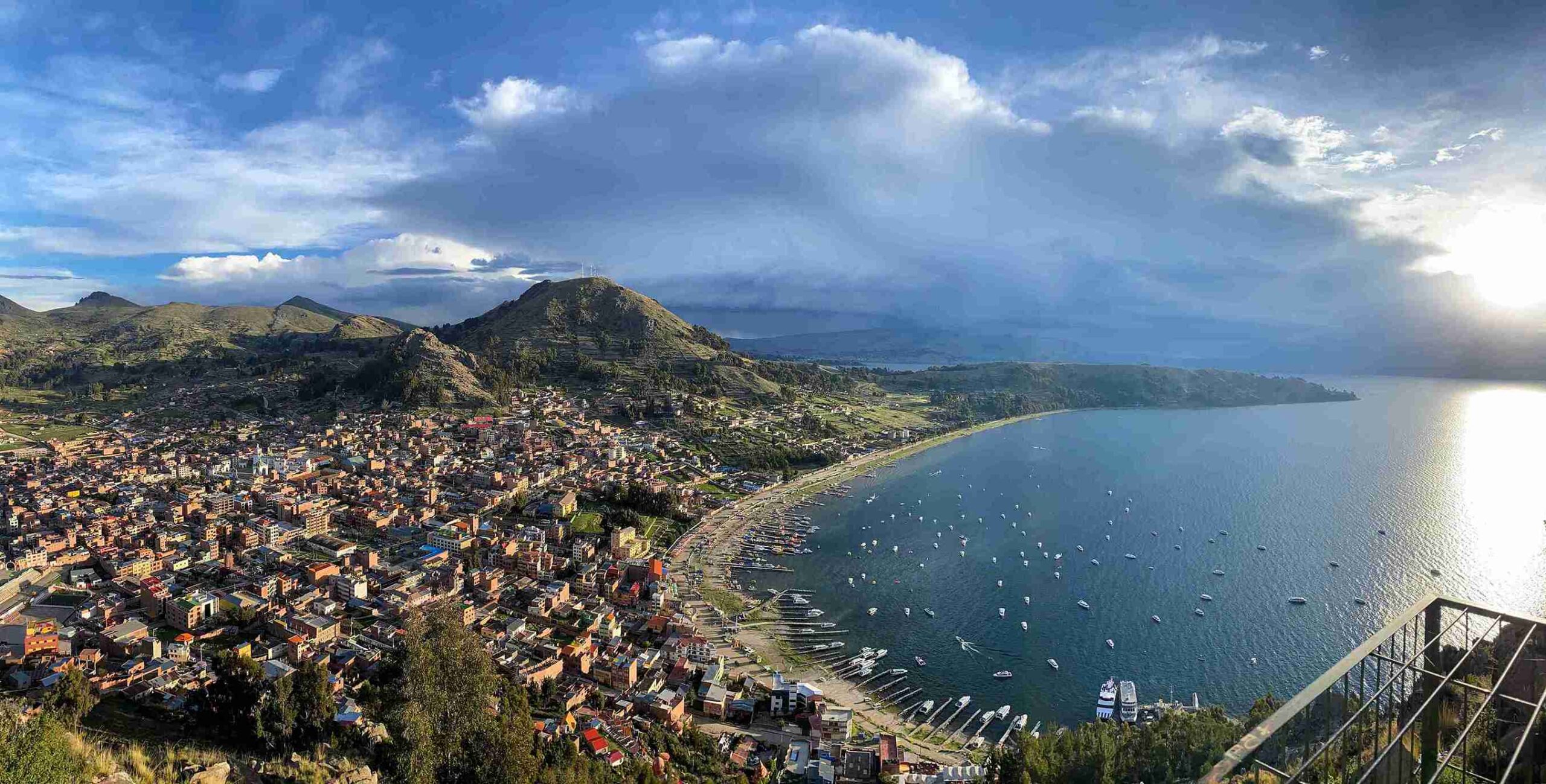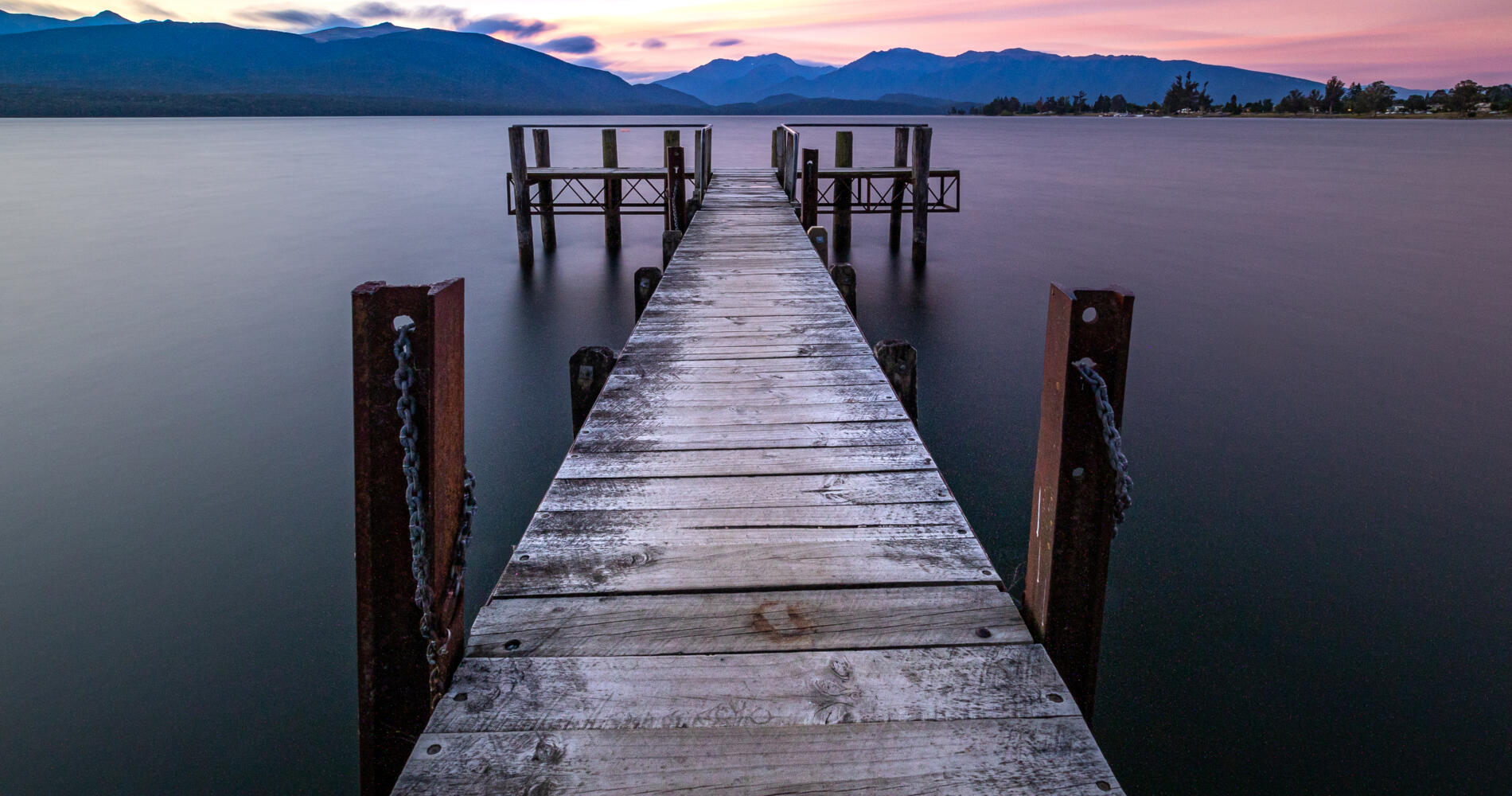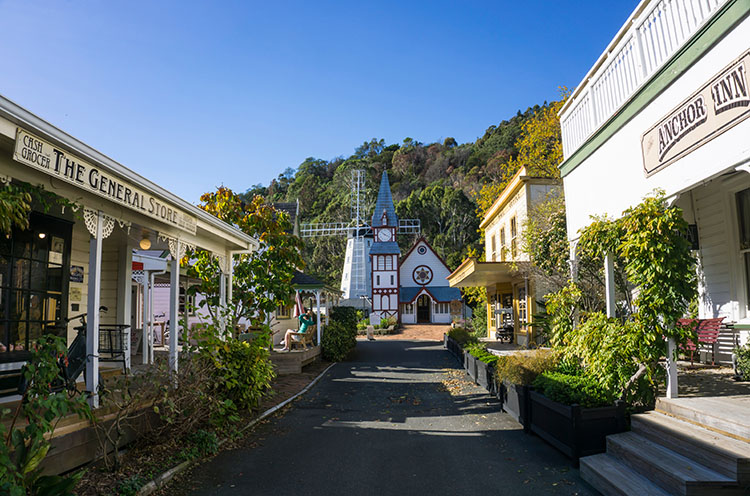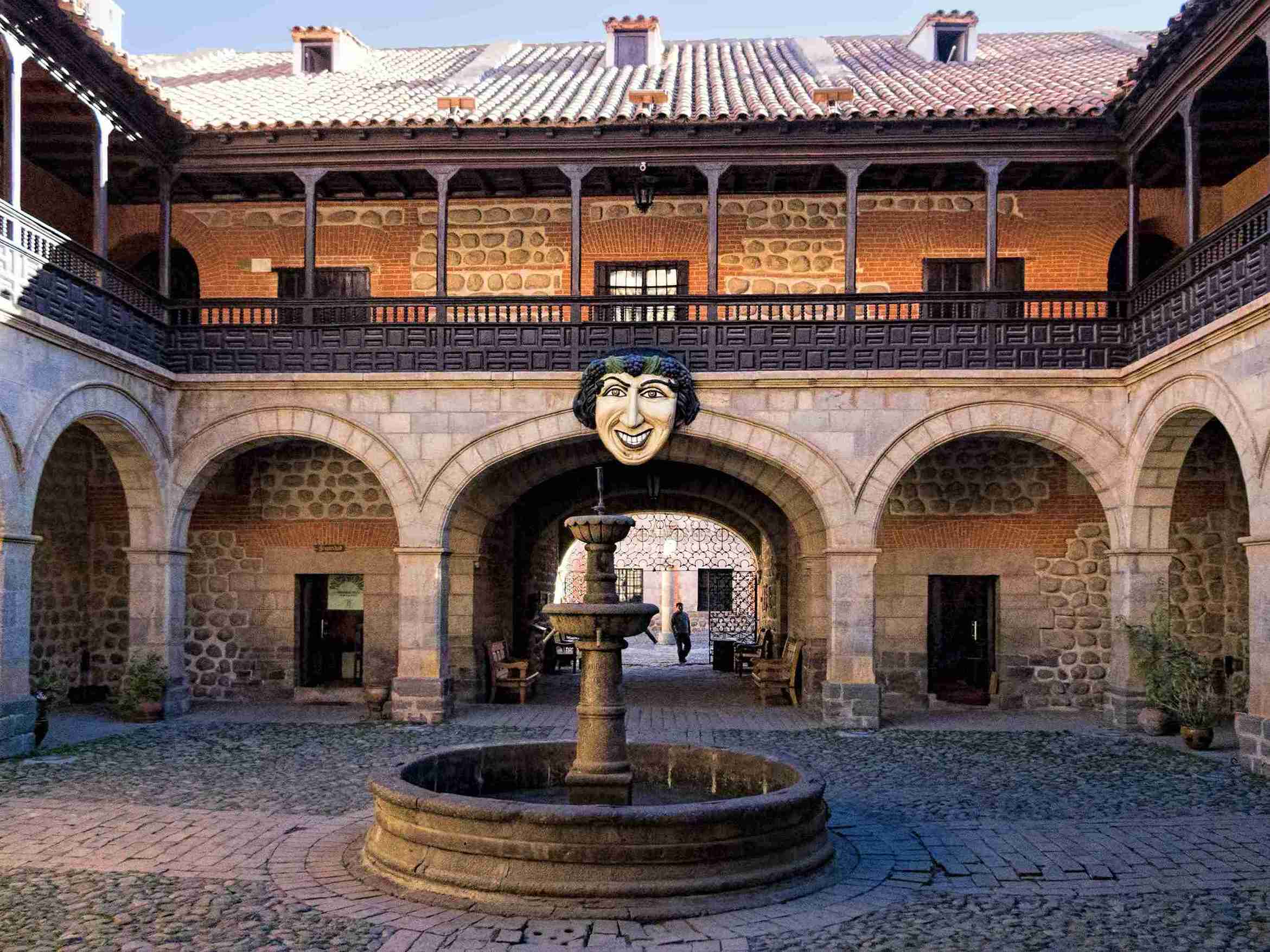Jerusalem, Israel – Travel Tips
Category
Categories
Popular Articles
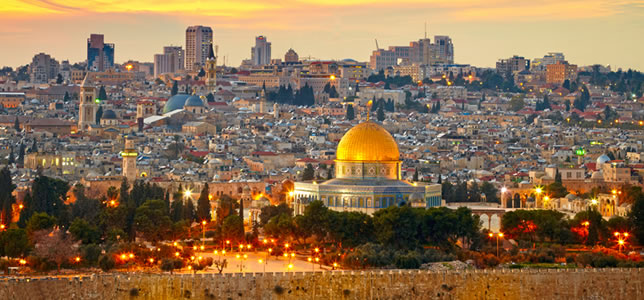
## Overview of the Destination
Jerusalem, the capital city of Israel, is one of the oldest cities in the world. Rich in religious history and cultural heritage, it’s a place sacred to three major world religions – Judaism, Christianity, and Islam. Known for its ancient cityscape embedded with significant religious sites, like the Western Wall, the Dome of the Rock, and the Church of the Holy Sepulchre, Jerusalem is a place where the past breathes in every cobblestone. Its unique mix of old and new, tradition and innovation makes it a mesmerizing destination worth exploring.
## Best Time to Visit
The best times to visit Jerusalem are from April to May and October to November. These periods offer comfortable temperatures for outdoor activities and sightseeing. Summers (June to August) can be hot, and it’s also the peak tourist season. Winter (December to February) can be a bit chilly. Major Jewish holidays like Hanukkah, Passover, and Rosh Hashanah create a festive atmosphere but also bring in large crowds. If you wish to experience cultural festivals, plan your visit during events like the Jerusalem Jewish Film Festival in December or the Israel Festival in spring.
## Climate & What to Pack
Jerusalem experiences a Mediterranean climate with hot, dry summers and cool, wet winters. Pack lightweight, breathable clothes for summer, and warm layers for winter. It’s a good idea to pack a light jacket even for summer evenings. As many religious sites require conservative attire, men and women should carry long pants or skirts, and scarves or hats to cover the head.
## Getting There
The primary international gateway to Jerusalem is Ben Gurion International Airport near Tel Aviv. From the airport, taxis, shuttles, and the newly built high-speed train offer convenient transport to Jerusalem. Most visitors need a visa to enter Israel, so make sure to research the specific requirements for your passport.
## Getting Around Locally
Jerusalem has an extensive public transportation network, including buses, light rail, and a bike-share system. Taxis and rideshares are readily available. The city is also very walkable, especially within the Old City. Renting a car can be a hassle due to limited parking and crowded streets, so it’s typically not recommended.
## Safety Tips
Jerusalem is generally considered safe, although it’s always wise to stay alert and aware of your surroundings. Avoid demonstrations or protests for your safety. As with all tourist destinations, beware of pickpockets or scams. Few difficulties are presented to solo travelers, but some cultural sensitivities must be observed, especially in religious neighborhoods and sites.
## Top Things to Do & See
Visiting the Western Wall, touring the Church of the Holy Sepulchre, strolling through the historic marketplaces, or exploring the diverse quarters of the Old City are must-do activities in Jerusalem. For a unique perspective, consider a guided tour of the labyrinthine tunnels underneath the city. The Yad Vashem Memorial and the Israel Museum are other significant attractions.
## Where to Stay
Accommodation varies from luxury hotels like the King David and Waldorf Astoria, to mid-range like Leonardo Plaza and budget options like Abraham Hostel. The Old City has many budget guesthouses offering convenient access to major attractions. Alternatively, the new city offers a range of modern, boutique options.
## Food & Local Cuisine
Jewish and Arab culinary traditions come together in Jerusalem, creating a unique food culture. Try local dishes like falafel, shakshouka, hummus, Jerusalem mixed grill, or knafeh. Dining etiquette involves eating with the right hand. Food options are abundant from restaurants to street food stalls and cafes throughout the city.
## Cultural & Practical Tips
The local currency is the Israeli Shekel (NIS). Most people speak Hebrew or Arabic, but English is also widely understood. Tipping is customary (usually 10-15%). Israel uses Type H and Type C plugs with a standard voltage of 230 V. Free Wi-Fi is available at many locations across the city.
## Sustainable or Responsible Travel Tips
Use public transportation or walk to reduce carbon footprint. Support local businesses by buying local products and eating at local restaurants. Respect religious customs and dress modestly when visiting religious sites.
My personal travel tip for first-time visitors is to take a day or two just to walk through the city without a set plan. This city is so rich in culture and history, and taking the time to wander through its streets can help you truly appreciate Jerusalem’s unique blend of the ancient and the modern.


